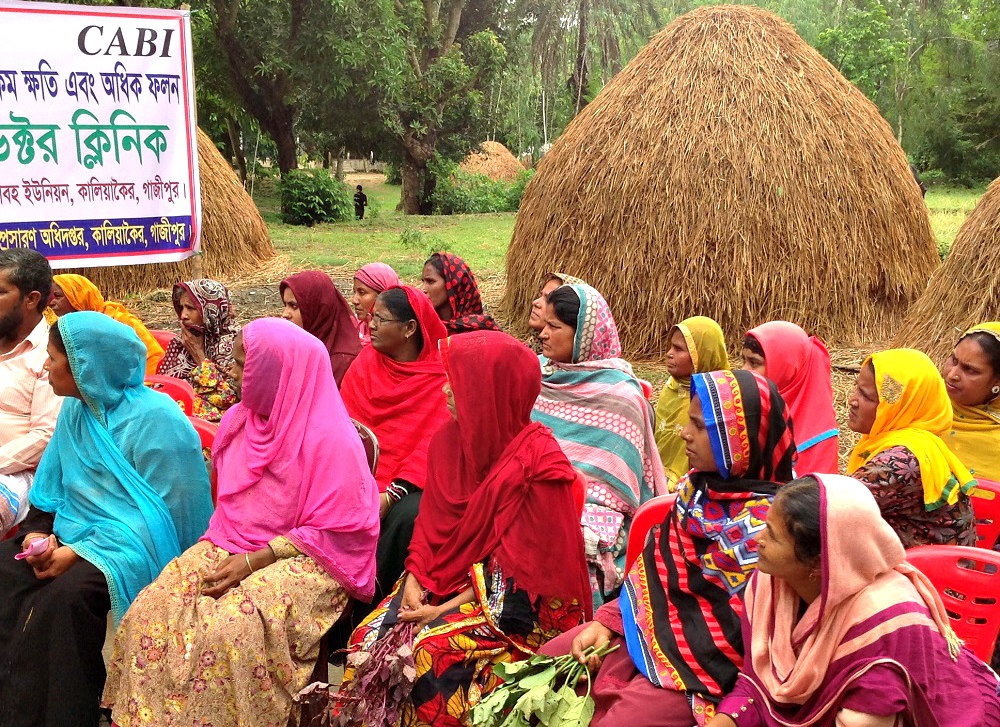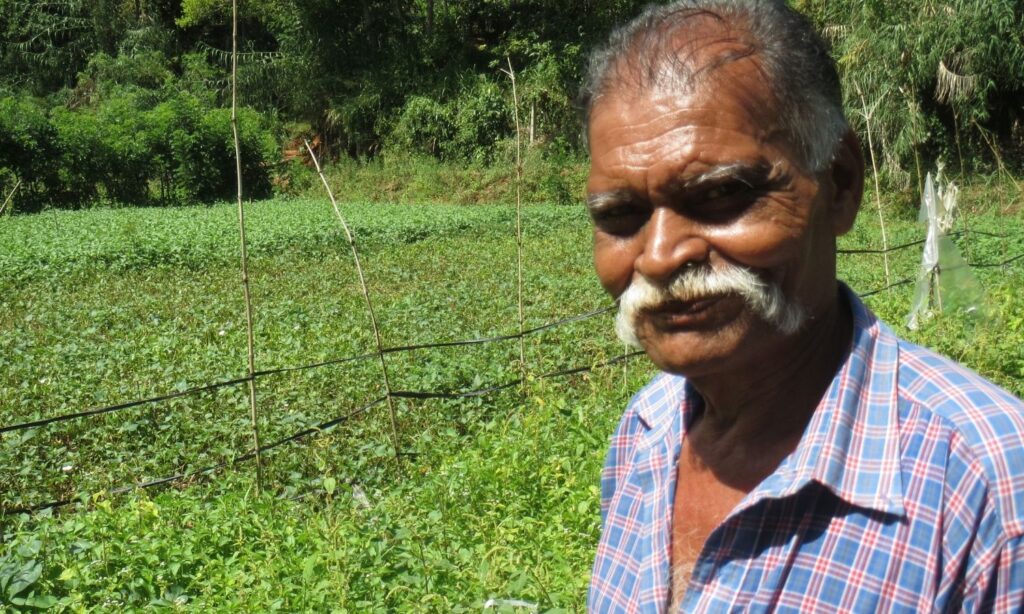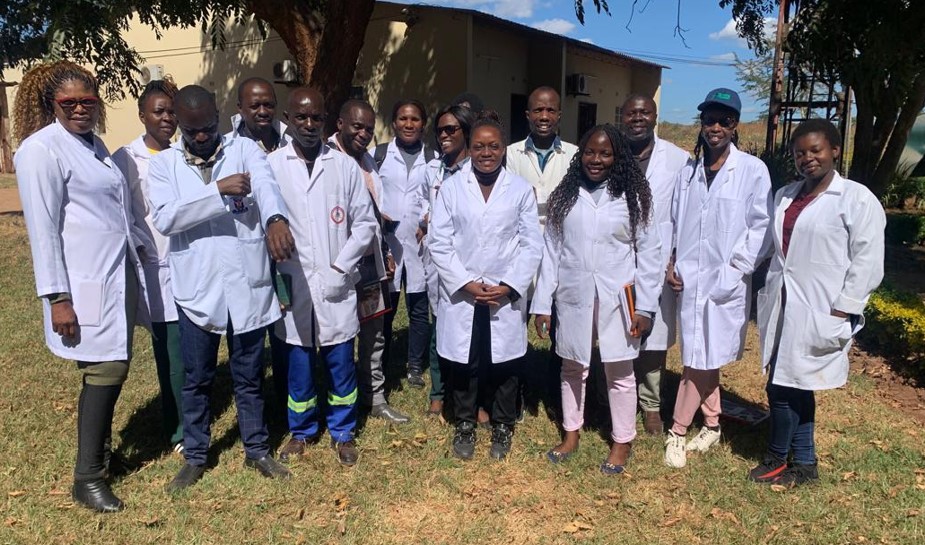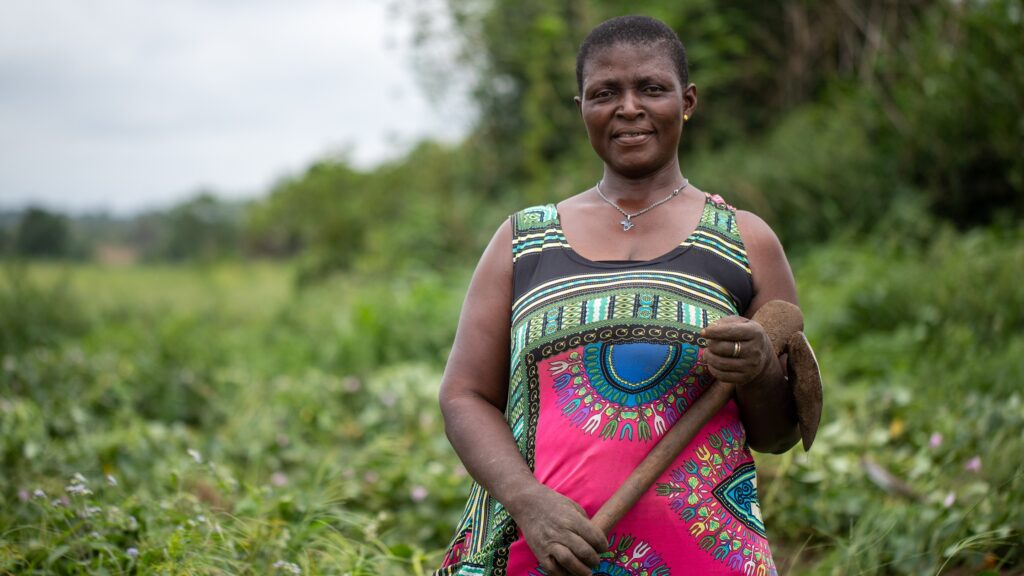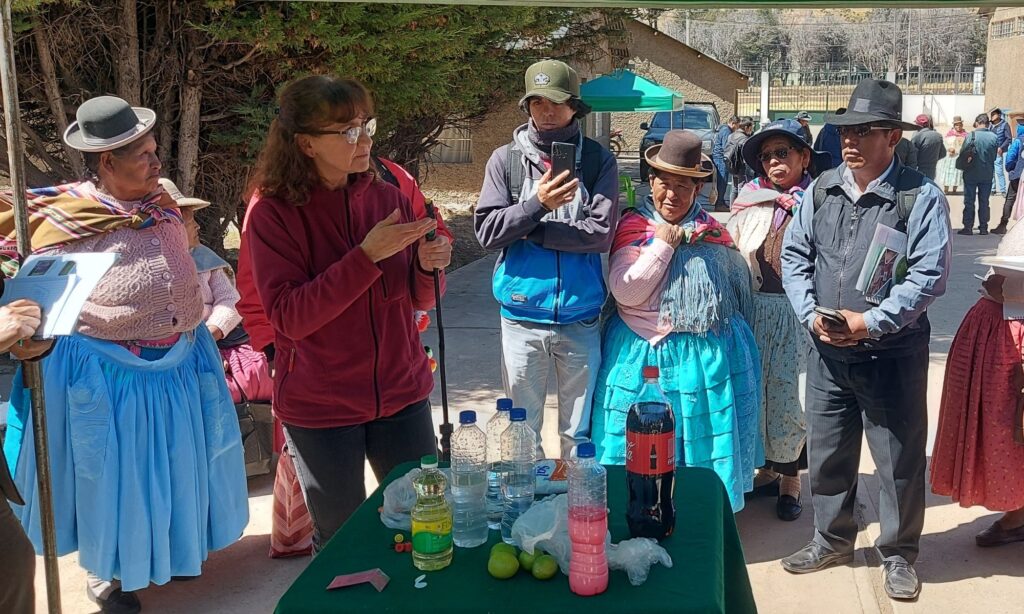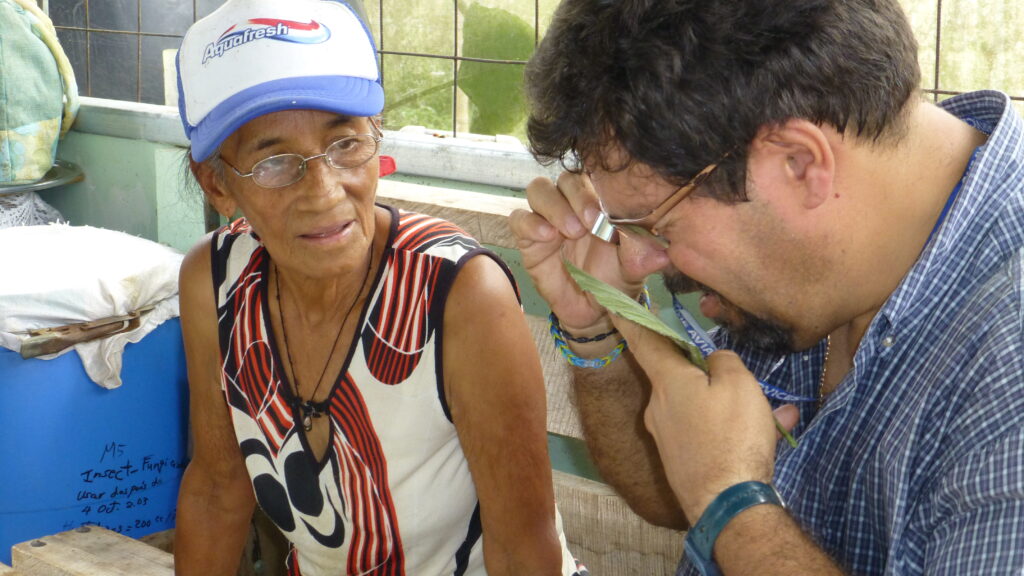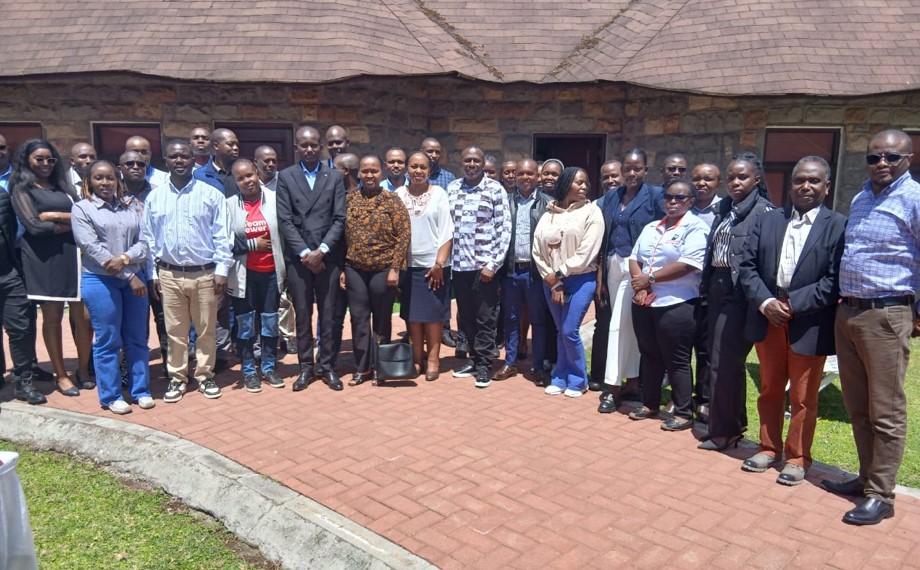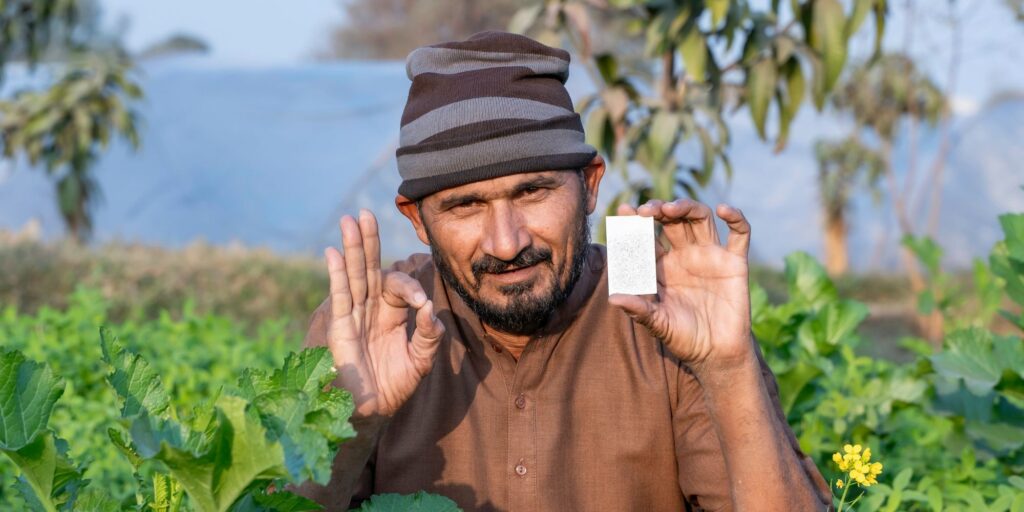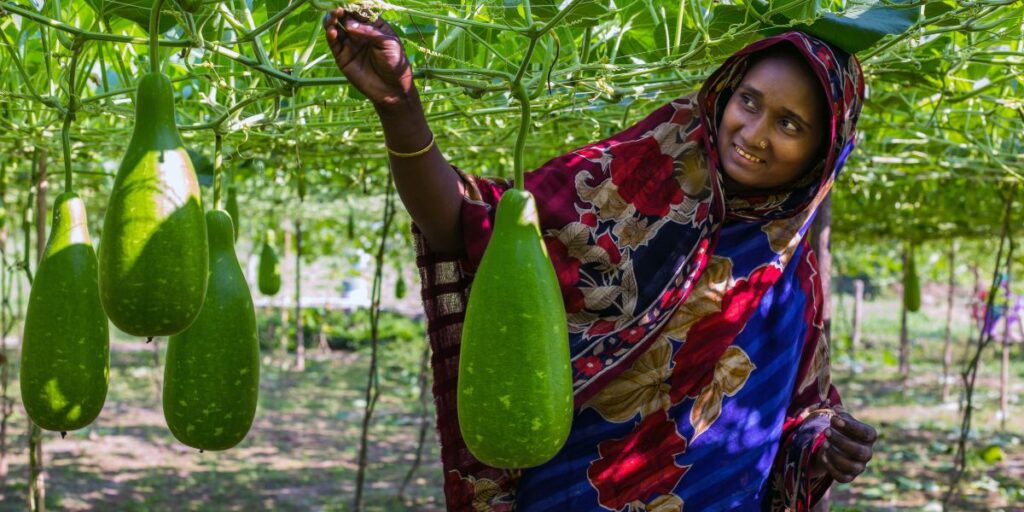Women farmers in Ghana empowered by radio campaign
Women farmers in Ghana face significant barriers to accessing agricultural extension services. Many women in low- and middle-income countries face similar challenges. The services are often designed for men and give them an advantage when it comes to farming productivity. Conversely, with a lack of access to extension services, women farmers on average produce 20-30%…
Watch the video: Trichogramma rearing facilities in Pakistan
In the face of increasing pesticide reliance, biological control offers a less harmful, more sustainable alternative to chemical pesticides. Biological control utilizes natural enemies, such as predators, parasitoids, and pathogens, to suppress pest populations. In Pakistan, PlantwisePlus is collaborating with the Pakistani government to rear Trichogramma chilonis, providing farmers with these tiny wasps that control…

